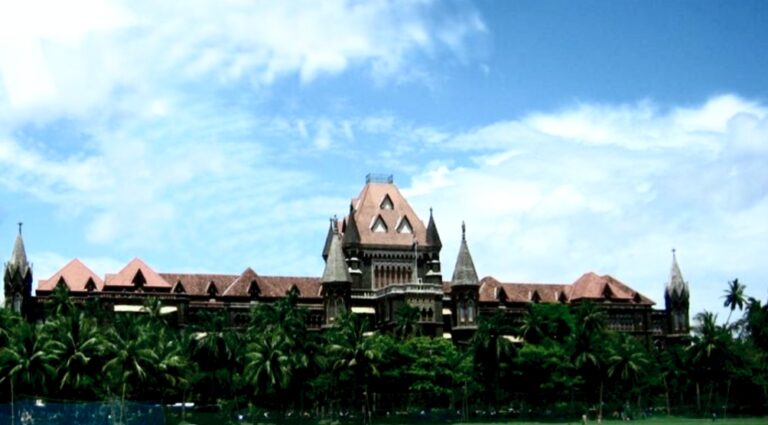Introduction
On 14 August 2025, the Bombay High Court delivered its judgment in the case of Narendra I. Bhuva (Legal Heirs) v. ACIT, Circle 13(1), Mumbai concerning the taxability of gains arising from the sale of a vintage car. While dismissing the main appeal and upholding the finding of the ITAT that the car was not a personal effect, the Court simultaneously granted an unconditional stay on the tax demand raised by the Revenue. The High Court observed that the demand was contrary to the orders of the ITAT and therefore could not be enforced.
Case Citation & Parties
- Case Name: Narendra I. Bhuva vs. Assistant Commissioner of Income Tax, Circle 13(1), Mumbai (Legal Heirs of the original Appellant & Another)
- Court: High Court of Judicature at Bombay (Division Bench: Chief Justice Alok Aradhe & Justice Sandeep V. Marne)
- Appeal Number: Income Tax Appeal No. 681 of 2003 with Interim Application No. 4204 of 2022
- Assessment Year: 1992-1993
Facts
- The Assessment Officer assessed the gain from sale of a vintage car (a “Ford Tourer” model 1931) owned by the assessee. The car was bought in 1983 for Rs. 20,000 and sold later for Rs. 21,00,000.
- The Assessee had declared the car as a personal asset (in wealth-tax returns) and had not claimed depreciation.
- The AO treated the gain as business income and added about Rs. 20,80,000 to the income of the assessee.
- On appeal to CIT (A), part of that amount was deleted (i.e. CIT(A) accepted that the car was a personal asset). However, on further appeal, the Income Tax Appellate Tribunal (ITAT) reversed the CIT(A), holding the car was not a personal effect and hence the gain was taxable under capital gains/business income as held by AO.
Legal Issue / Substantial Question of Law
- Whether the Tribunal (ITAT) was justified in law in holding that the vintage car owned by the assessee was not his personal effect and thereby making the gain arising on sale liable to be taxed under the head of Capital Gains / Business Income (rather than exempt as a personal effect) given the circumstances.
Interim Application (Stay of Demand) & Decision
- The Assessee filed Interim Application No. 4204 of 2022 along with the main appeal, seeking a stay of demand of tax so as not to have to pay the demanded amount (or part thereof) until the appeal was finally decided.
- On 14 August 2025, in its oral judgment, the Bombay High Court granted an unconditional stay on the demand. The stay was granted because the demand (as directed by the AO/ITAT) was considered to be contrary to the orders of the ITAT. In other words, the High Court considered that enforcing (or demanding) payment in the meantime would go against what had already been decided by the ITAT and thus was not justifiable.
Outcome
- The High Court dismissed the main appeal (i.e. against the ITAT’s finding) – meaning the finding that the vintage car is not a personal effect stands; gain liable under Capital Gains or business income depending on how characterized.
- The interim application (stay of demand) is allowed – the demand is stayed unconditionally, immediately, so the revenue cannot enforce collection of the tax demand pending final disposal (even though the appeal is dismissed).
Key Legal Reasoning / Principles
- The High Court in granting the stay saw that the demand as made was inconsistent / contrary with established orders of the ITAT. Thus, it would be inequitable to enforce the demand while the appeal was pending (or even after the appeal was decided, if contradictory issues existed).
-
The court weighed the facts that (a) the car had been treated as a personal asset earlier, (b) no depreciation claimed, (c) ITAT had made specific findings and reversed CIT(A), etc. These factual findings played a role.
